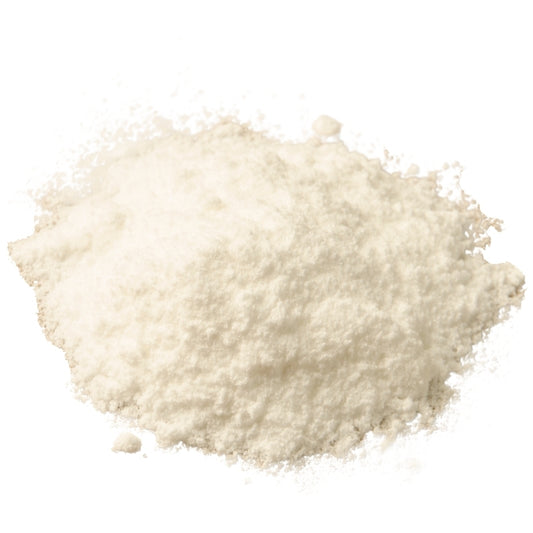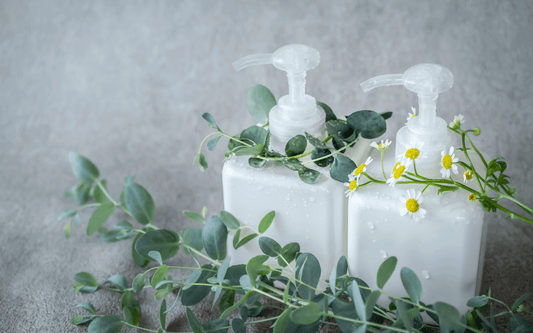
Oilology - Black Seed Kulanji
Juliette van der MeerWe've had a number of people ask us about the benefits and uses of black seed kulanji (sometimes spelt kalonji) otherwise known as Nigella sativa, so here is a quick run down.
What is Black Seed Kulanji?
The seeds of the Nigella sativa plant are known by a few other names including black sesame, black cumin, black caraway, or black fennel seeds, but do not confuse these with 'true' sesame, cumin, caraway or fennel.
Nigella sativa is native to Asia and is a cousin of the buttercup plant family. The tiny black seeds are popular in Indian cuisine as they have a spicy, peppery aroma. Oil is produced from the cold pressed seeds and is slightly easier for the body to absorb, although the seeds and oil both have all the same qualities and benefits. Kulanji is considered a panacea, and has been used in traditional medicine and healing for over 2000 years. The ancients used the plant seeds and oil as a remedy for everything from bronchitis to skin issues to digestive problems. A bottle of oil was even found in Pharoah Tutankhamen's tomb! Nigella sativa has been extensively studied and its wonderful life-giving uses have been published in hundreds of research papers.
What does Black Cumin Oil do?
Kulanji oil is rich in three natural phytochemicals:
- Thymoquinone (TQ),
- Thymohydroquinone (THQ
- Thymol
Black Cumin Seeds and Health
Kulanji oil is famous for its ability to manage and even prevent Type 1 and Type 2 diabetes. It can improve glucose tolerance, lower elevated glucose levels and regenerate pancreatic beta-cells. Make a tea by steeping the seeds in boiling water for a few minutes, then add half a teaspoon of the oil and drink twice daily. The seeds can also be crushed into a powder and added to food.
Kulanji, when ingested, has been shown to reduce high cholesterol and high blood pressure, contributing to heart health. Make a tea by steeping two teaspoons of black seeds in boiling water. Or crush the seeds and sprinkle on muesli or savoury dishes.
Studies have shown Nigella sativa to be inhibiting to multi-drug resistant bacteria as it is a powerful antimicrobial. Black seed oil and oregano oil are considered among the top natural microbe fighting substances.
Black Cumin and Allergies
Kulanji is anti-allergic, anti-asthmatic and a natural antihistamine, blocking the release of histamine and lowering the allergic response. Those suffering from spring allergies may find relief by taking the oil. To ease asthma and respiratory problems, mix together 1 teaspoon honey with half a teaspoon kulanji oil in a cup of warm water and drink daily. Or crush the seeds into powder and take 2g daily.Kulanji Oil and Pain
Kulanji oil is highly anti-inflammatory and the peppery oil makes a wonderful massage oil. For joint pain and back pain, warm up a little kulanji oil in your palms and massage into the affected area. You can also add a few drops of essential oil to make a massage oil blend.



















